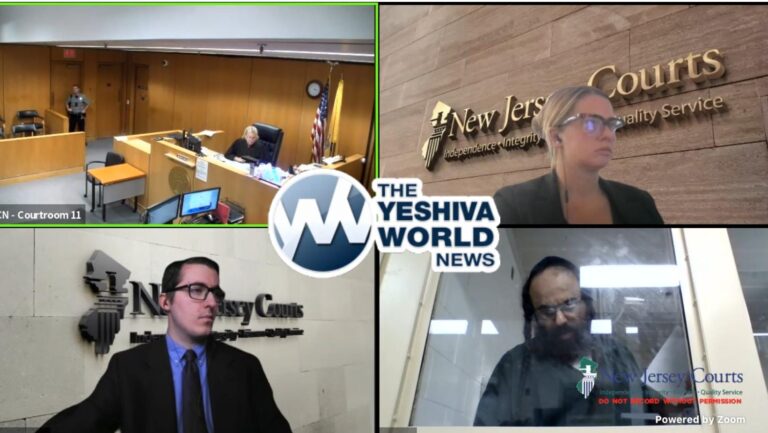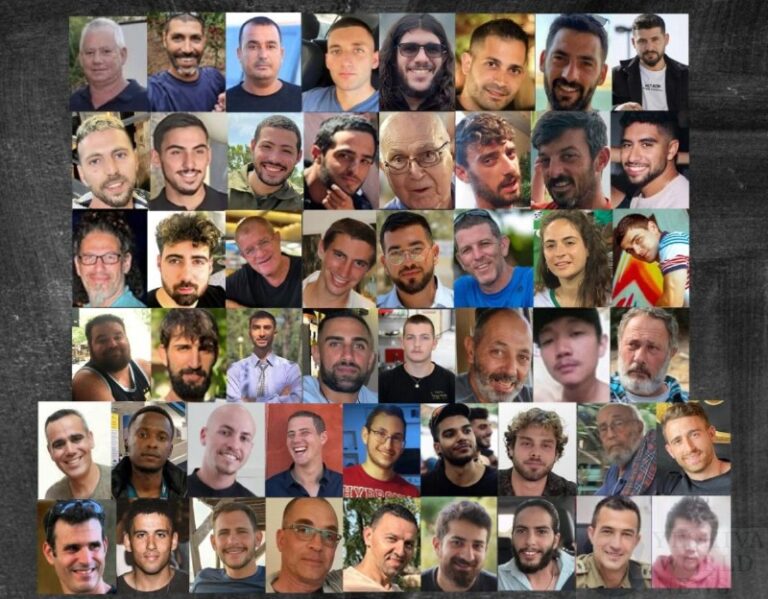The parsha starts off by saying, ‘If you go out to war against your enemies, and Hashem, your God, will deliver him into your hands, and you take his captives.’ (21:10)
The Ohr Hachaim Hakadosh points out that this is a remez of man’s constant battle with the yetzer hara. One must realize that when we do battle with the yetzer hara, we need help from Hashem. Our job is to go out to do battle and pray that Hashem will help us in the battle with the yetzer hara.
Rav Gifter zt’l added a beautiful thought. It says ‘If you go out to war against your enemies.’ The word ‘oyvecha’ translates to many enemies, and the word ‘unisanoi’ is in the singular form and Hashem will give him into your hands. Why is there a change in loshon from plural (going out to battle) to singular (being victorious in battle)?
Rav Gifter Zt’l said, we try to daven and we try to learn, but the yetzer hara puts roadblocks in our way. Some days he has us worrying about parnasah and that distracts us. Sometimes he tells us that we are very tired and we have a hard time staying up. Sometimes he makes us feel worthless and our davening is meaningless. We have many enemies; we fight fatigue when we want to learn. We fight the business thoughts that come into our minds when we want to stand shemoneh esrei. We fight the many distractions that exist. When you finally overcome the yetzer hara you realize it is all narishkaitin. The yetzer hara finds many things to throw in your way. In reality all the distractions are under one umbrella called the yetzer hara. It is all about interrupting us. After the distraction of shemoneh esrei he will find something else to throw at you. It doesn’t get easier and something else then comes up. It is a roadblock that he puts up for you. When you finally do battle you realize it is all one yetzer hara.
We all know too well that all of us have constant struggles with the yetzer hara. But one should keep in mind what Rav Tzadok says. Whatever a person struggles with, whichever nisayon a person is constantly battling, is the area that he’s destined to excel in-contrary to popular belief. Most times people say I’ll be good in all other areas-but Rav Tzadok explains that the opposite is true. The area that you have a hard time with is the area that you are supposed to be excellent in. If a person has difficulty in watching what he sees, by working on himself he can accomplish so much by maintaining a level of kedusha.
Thieves don’t rob and steal from poor people because there’s nothing for them to gain. They go after the affluent members of society and the wealthy, because they have what to gain from. The same is true by the yetzer hara. If he’s bothering you in a specific area it’s obvious that you have something he feels threatened by. It’s through that nisayon that a person’s greatness can sprout and blossom from.
With the yomim noraim rapidly approaching, we can be certain that the yetzer hara is working full force to battle us. He comes with his list of excuses and goes through each one of them, one by one, hoping you will grab at his bait. Let us all remember that he is only doing this because he feels threatened at how much we’ve grown and feels he has already lost a long lost battle.
May Hakadosh Baruch Hu give each of us the strength to overcome our daily battles with the yetzer hara and may we approach these days of awe with a true sense of spiritual cleanliness, allowing us to be inscribed in the book of life.










